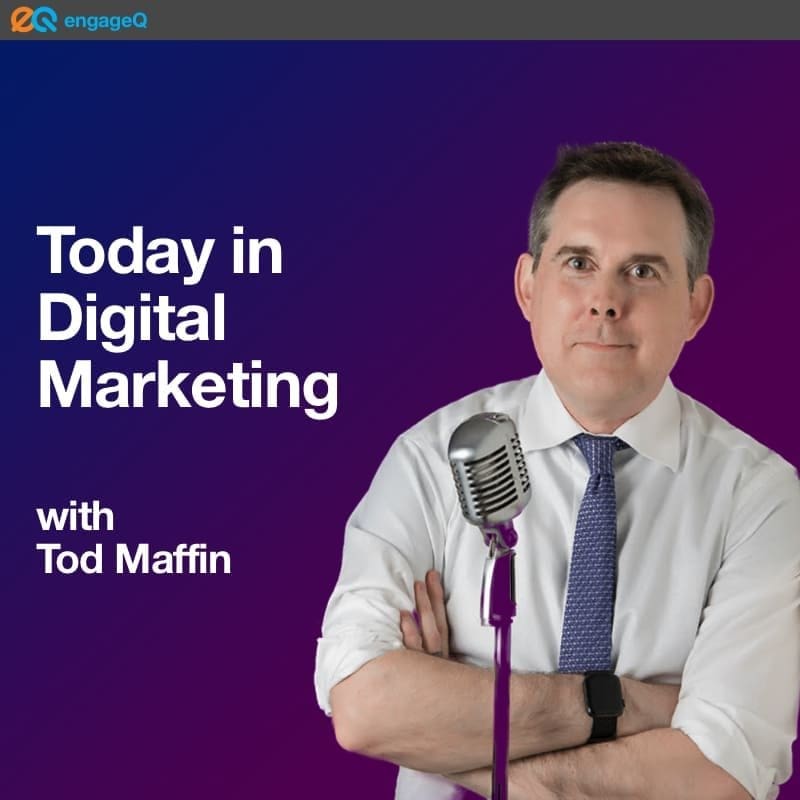As marketers, we’re always trying to improve our numbers — higher ROAS, lower CPA, higher reach, lower frequency.
But one of the most important metrics is the one that gets people off the ad and onto our content — the click-through rate.
We’ve known that there’s lots that affects this number — the creative, the offer, and so on — but one of the most important is the headline. Get that right, and you may entice people to check your site or products out.
So how can we move that particular needle up?
Luckily, we have science to help us with that. Claire Robertson is a PhD student at New York University. She is one of the authors of new research published this month in the “Nature Human Behaviour” journal, and I spoke with her this morning:
TOD: It’s been a hell of a few years — the pandemic, inflation… surely your research found that using positive language in headlines drives visits to web sites, right?
CLAIRE: You would hope. But unfortunately, that's not what we found. We actually found the opposite.
We found that including positive language in headlines actually reduced the likelihood that people would click on them. And we found that increasing the number of negative words and a headline made your headline more likely to be clicked on.
TOD: What do you think people are drawn to negativity?
CLAIRE: I think that that is a question that actually goes all the way back to evolution.
In the past, we benefited from having an awareness of the negative things around us. Sometimes this is referred to as the snake in the grass phenomenon. And it means that the people who were more aware of negative things in their environment, like snakes, were more likely to be able to avoid them, and then go on to procreate and pass down their genes. And this really served us for a long time — we're aware of these threats physically.
We're also aware of them socially. So we are hyper-aware of people who might try to cheat us.
The problem is in the online environment, things are really different. These threats are no longer as imminent as they were to our evolutionary ancestors. So now we still have this tendency to be drawn to negativity, but it's no longer serving us in the same way. It doesn't help us make good behavioral decisions.
Claire Robertson's paper is called Negativity drives online news consumption.
Our full interview covered everything from how we marketers can use this new research, why they chose Upworthy as their data set, what she thinks of Upworthy's criticism of the research, and much more. That's coming exclusively to our Premium Podcast, tomorrow. You can sign up now at https://todayindigital.com/premium/














